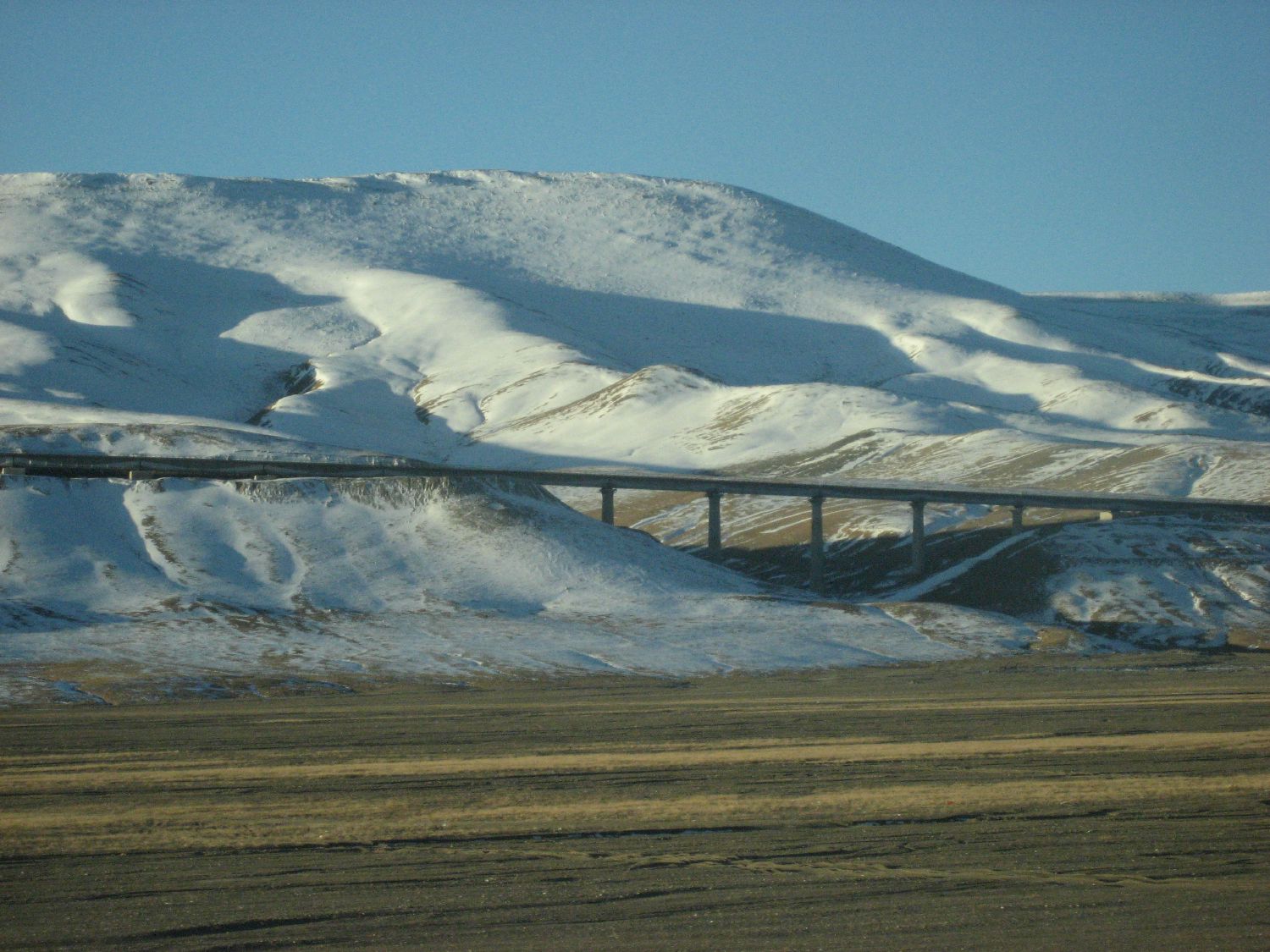
When we were in the early stages of planning our trip, I was only lukewarm to coming to China. But then I began to read more, not just about the tourist sites, but also about the history of China and its people. At Dave’s suggestion, I read “Wild Swans” just before arriving here and became utterly fascinated with this country. What three generations of women endured was mind boggling to me – from foot binding to war and famine to constant fear of persecution during the cultural revolution. I realized I know very little about this country and was eager to learn more.
In addition to the brighter side of Chinese history – with claims to have invented everything from the decimal system to paper money to soccer (some soccer fans disagree), their history includes more than a few major tragedies. In the 20th century alone, more than 6 million Chineses died in floods, while the country suffered genocide and massive human loss during the Japanese invasion in the 30s and 40s. A 1928 drought killed around 3 million people, and then there’s possibly the most famine ever, under the pro-peasant leadership of Mao himself, when somewhere between 30 and 40 million people died – though it’s impossible to know the exact figures. This is just a sampling of the suffering and loss that the Chinese have endured in the last century alone.
Maybe all this tragedy has made the Chinese tough as nails or maybe it’s the communist invoked sense of nationalism and discipline, but there seems to be no stopping the Chinese from moving forward today. Whether it’s completing the Olympic construction ahead of schedule or becoming a leading world exporter, there’s a definite can do spirit coming from somewhere.
Example: Another read I enjoyed before coming to China was Paul Theroux’s “Riding the Iron Rooster” where he spends a year riding trains around China in the mid 80s. Perhaps my favorite line in the whole book is towards the end, when he’s reflecting on his time in Tibet and says someting to the effect of, “fortunately the Chinese will never be able to build a train to Tibet.” Meaning the mountainous, inhospitable terrain of the Tibetan plateau would forbid it. Apparently he forgot that the Chinese are keen inventors! The Lhasa Express, complete with oxygen cars, was unveiled last year and already it has become impossible to book a ticket there – unless of course you’re with a Chinese tour group. No worries. Additional lines are coming soon to various cities around the country. Pretty soon you will be able to take a train from Hong Kong to Tibet. You can imagine what this might do to the Tibetan culture and environment.
Marvels of rail and road don’t stop there. The Nankun Railway began rail services in 1999 after the Chinese built something like 300 bridges and tunnels through the beautiful mountainous terrain. Now tourists like Dave and I can take a pleasant train journey while remote villages have access to fruits and vegetables that they may not have before. And I suppose it’s also helpful to the local mining industry too. The world runs on self-interest, and the Chinese are no exception.
So while I look into the faces of the Chinese people – particularly the elderly – I can’t help but feel tremendous sympathy and respect for them for all they have endured. At the same time, I see this massive growth machine pumping dollars and development into every corner of the country with questionable consideration of its impact. I can only hope that the can do spirit won’t result in another major tragedy.